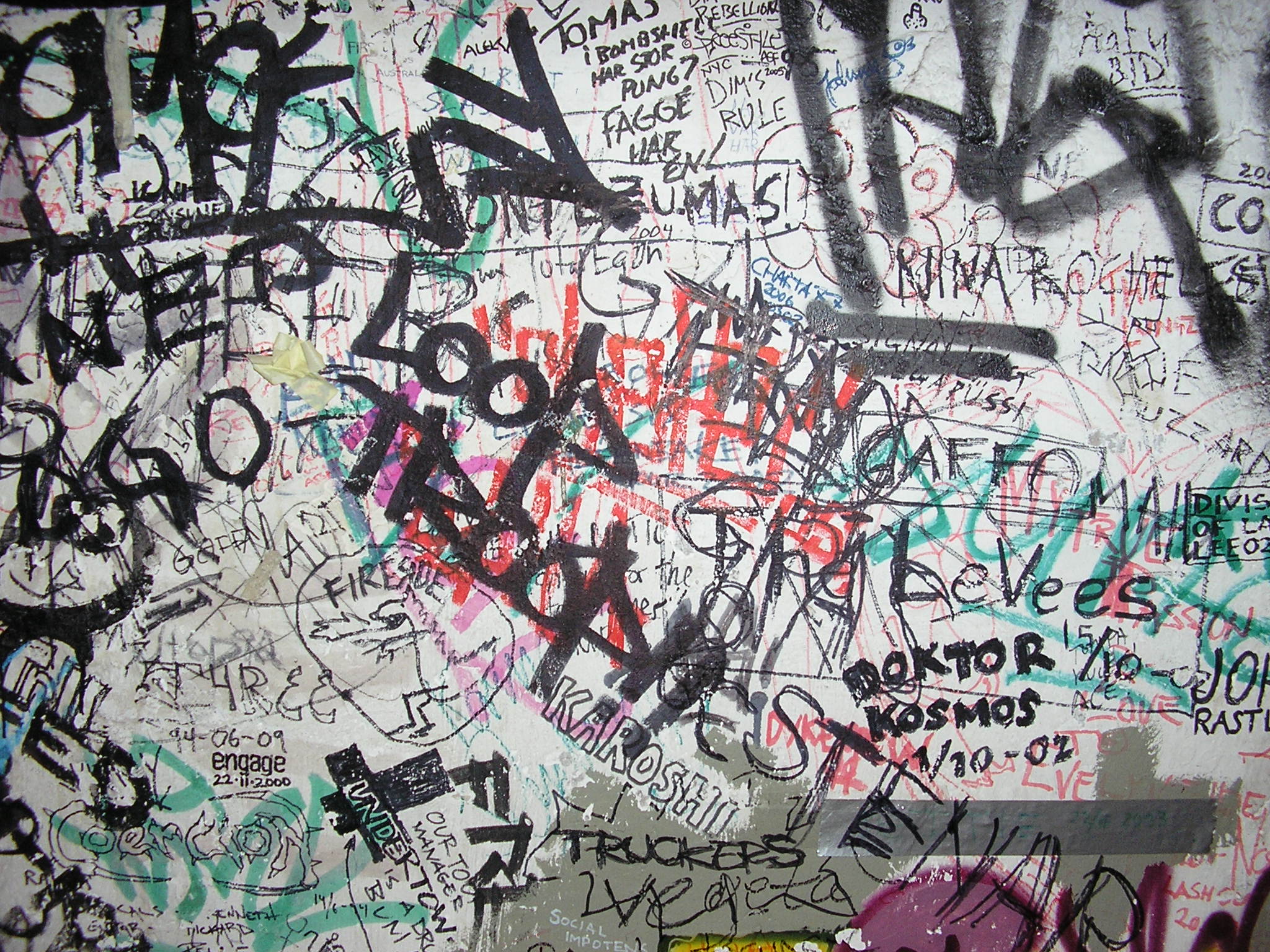|
Kafé 44
Kafé 44 is a café, concert venue, and anarchist bookstore in Stockholm Stockholm () is the Capital city, capital and List of urban areas in Sweden by population, largest city of Sweden as well as the List of urban areas in the Nordic countries, largest urban area in Scandinavia. Approximately 980,000 people liv .... Based in the Kapsylen work cooperative, which was founded by an artist group in 1976, the café ''Dagfiket'' opened in its basement in the early 1980s, and was later followed by the music venue ''Scen 44'' in 1990, and the anarchist bookstore ''Bokhandeln INFO'' a few years later. References Further reading * * * External links * Kapsylen page Cultural organizations based in Sweden Music venues in Sweden Infoshops Anarchist communities Counterculture communities Buildings and structures in Stockholm Anarchist bookstores Coffeehouses and cafés in Sweden {{music-venue-stub ... [...More Info...] [...Related Items...] OR: [Wikipedia] [Google] [Baidu] |
Café
A coffeehouse, coffee shop, or café is an establishment that primarily serves coffee of various types, notably espresso, latte, and cappuccino. Some coffeehouses may serve cold drinks, such as iced coffee and iced tea, as well as other non-caffeinated beverages. In continental Europe, cafés serve alcoholic drinks. A coffeehouse may also serve food, such as light snacks, sandwiches, muffins, fruit, or pastries. Coffeehouses range from owner-operated small businesses to large multinational corporations. Some coffeehouse chains operate on a franchise business model, with numerous branches across various countries around the world. While ''café'' may refer to a coffeehouse, the term "café" generally refers to a diner, British café (colloquially called a "caff"), "greasy spoon" (a small and inexpensive restaurant), transport café, teahouse or tea room, or other casual eating and drinking place. A coffeehouse may share some of the same characteristics of a bar or restaurant, ... [...More Info...] [...Related Items...] OR: [Wikipedia] [Google] [Baidu] |
Concert Venue
A music venue is any location used for a concert or musical performance. Music venues range in size and location, from a small coffeehouse for folk music shows, an outdoor bandshell or bandstand or a concert hall to an indoor sports stadium. Typically, different types of venues host different genres of music. Opera houses, bandshells, and concert halls host classical music performances, whereas public houses ("pubs"), nightclubs, and discothèques offer music in contemporary genres, such as rock, dance, country, and pop. Music venues may be either privately or publicly funded, and may charge for admission. An example of a publicly funded music venue is a bandstand in a municipal park; such outdoor venues typically do not charge for admission. A nightclub is a privately funded venue operated as a profit-making business; venues like these typically charge an entry fee to generate a profit. Music venues do not necessarily host live acts; disc jockeys at a discothèque or nig ... [...More Info...] [...Related Items...] OR: [Wikipedia] [Google] [Baidu] |
Anarchist Bookstore
Self-managed social centers, also known as autonomous social centers, are self-organized community centers in which anti-authoritarians put on voluntary activities. These autonomous spaces, often in multi-purpose venues affiliated with anarchism, can include bicycle workshops, infoshops, libraries, free schools, free shops, meeting spaces and concert venues. They often become political actors in their own right. The centers are found worldwide, for example in Italy, the United States and the United Kingdom. They are inspired by various left-wing movements including anarchism and intentional communities. They are squatted, rented, or owned cooperatively. Uses Self-managed social centers vary in size and function depending on local context. Uses can include an infoshop, a radical bookshop, a resource centre offering advice, a hacklab, a café, a bar, an affordable gig space, independent cinema or a housing co-operative. As well as providing a space for activities, these socia ... [...More Info...] [...Related Items...] OR: [Wikipedia] [Google] [Baidu] |
Stockholm
Stockholm () is the Capital city, capital and List of urban areas in Sweden by population, largest city of Sweden as well as the List of urban areas in the Nordic countries, largest urban area in Scandinavia. Approximately 980,000 people live in the Stockholm Municipality, municipality, with 1.6 million in the Stockholm urban area, urban area, and 2.4 million in the Metropolitan Stockholm, metropolitan area. The city stretches across fourteen islands where Mälaren, Lake Mälaren flows into the Baltic Sea. Outside the city to the east, and along the coast, is the island chain of the Stockholm archipelago. The area has been settled since the Stone Age, in the 6th millennium BC, and was founded as a city in 1252 by Swedish statesman Birger Jarl. It is also the county seat of Stockholm County. For several hundred years, Stockholm was the capital of Finland as well (), which then was a part of Sweden. The population of the municipality of Stockholm is expected to reach o ... [...More Info...] [...Related Items...] OR: [Wikipedia] [Google] [Baidu] |
Work Cooperative
A worker cooperative is a cooperative owned and self-managed by its workers. This control may mean a firm where every worker-owner participates in decision-making in a democratic fashion, or it may refer to one in which management is elected by every worker-owner who each have one vote. History Worker cooperatives rose to prominence during the Industrial Revolution as part of the labour movement. As employment moved to industrial areas and job sectors declined, workers began organizing and controlling businesses for themselves. Worker cooperatives were originally sparked by "critical reaction to industrial capitalism and the excesses of the industrial revolution." Some worker cooperatives were designed to "cope with the evils of unbridled capitalism and the insecurities of wage labor". The philosophy that underpinned the cooperative movement stemmed from the socialist writings of thinkers including Robert Owen and Charles Fourier. Robert Owen, considered by many as the father o ... [...More Info...] [...Related Items...] OR: [Wikipedia] [Google] [Baidu] |




